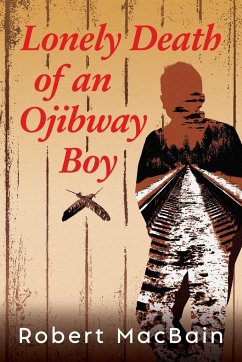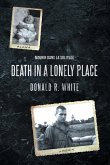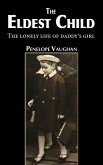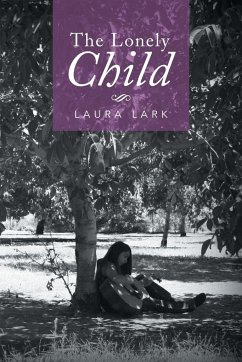Drawing on the skills he honed as one of Canada's highest-paid newspaper reporters and news director of the second-largest radio station in the 1960s, Toronto author Robert MacBain tells, for the first time, the true story of the short life and tragic death of Charlie (aka "Chanie") Wenjack, Canada's most famous Indian residential school student. Books have been written about Charlie, the name his family has always used. Buildings named in his memory. He's featured in more than 50 "Legacy Spaces" across Canada sponsored by banks, major retailers, universities, performing arts centres, governments and others. Thousands of Canadians from coast to coast "Walk for Wenjack" every October. Children in more than 65,000 classrooms across Canada and in the United States are being taught about his altogether too short life and tragic death in a book called Secret Path. However, the story the children are being taught has very little basis in fact. In search of the true story about Charlie Wenjack, MacBain interviewed former staff of the Cecilia Jeffrey Indian Residential School in Kenora, Ontario, who were there at the time his lifeless body was found lying beside the railway tracks about 24 hours after his death from "exposure to cold and wet" on October 22, 1966. MacBain conducted considerable research, including newspaper reports, a lengthy magazine article, and official documents in order to develop a full understanding of the events that occurred. He shares with his readers letters that have never been published from students expressing thanks for the care that they received at the school. A significant number called the principal and his wife "Mom" and "Dad" and signed their letters "Love". Parents wrote saying their children told them they liked the school and that they also liked it when they were there. Lonely Death of an Ojibway Boy is a book worth reading.








